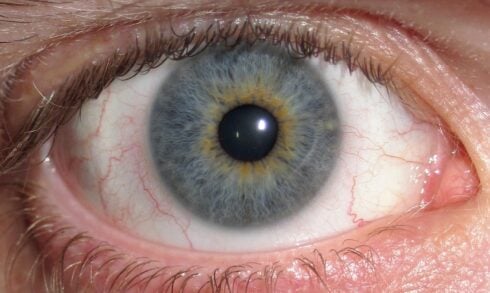HEALTH authorities in Andalucia have appealed for calm after activating procedures for a possible case of Crimean-Congo haemorrhagic fever (CCHF).
Samples have been sent to the National Microbiology Centre to confirm whether or not a 46-year-old Sevilla man has contracted the disease.
He reported symptoms on July 31 and is in a stable condition at the High-Level Isolation Unit of Sevilla’s Virgen del Rocio University Hospital.
READ MORE:
- Health alert in Spain after major city detects a new case of deadly tick-borne disease
- Spain to investigate populations of blood-sucking ticks amid a surge in cases of two deadly diseases

CCHF is caused by a virus transmitted by the bite of an infected tick or by contact with the blood and tissues of infected livestock.
Person-to-person transmission is not common, as direct contact with fluids or secretions from symptomatic patients is necessary.
Since 2016, Andalucia has had monitoring protocols in place for CCHF which lays down measures to be carried out to help patients who test positive or are likely to be positive.
The normal symptoms are sudden onset fever, headache, myalgia and dizziness- lasting for around four or five days.
Other symptoms include diarrhoea, nausea or vomiting may also appear, as well as a redness of the face, neck or chest along with eye congestion and conjunctivitis.
After the tick bite, the incubation phase is generally between one to three days, going up nine in some cases.
Andalucia’s Health and Consumer Affairs Ministry has reminded residents of precautions people can take to avoid tick bites.
They include wearing appropriate clothing including long-sleeved shirts and long trousers as well as checking the body to detect the presence of ticks.
Click here to read more Health News from The Olive Press.








